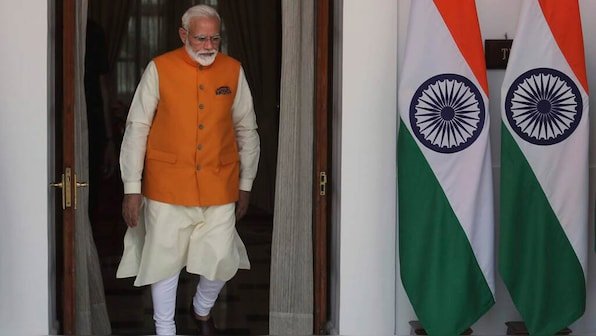
Has India’s time come at last? Many are saying as much more loudly than ever before. Many others are also hoping so, but a little more quietly and circumspectly. How much is the reality and how much is hype? What, moreover, does India need to do to come closer to joining, so to speak, the big boys’ club?
To begin with, India, clearly, aspires to being a great power. Secretly cherished and held close to its bosom, the nation has long harbored ambitions of punching close to its weight in the international arena. This aspiration and vision gained renewed vigour under Prime Minister Narendra Modi’s leadership. Modi envisions India as not just a participant but a shaper of the new global order.
The idea of a great power and what it really entails have also evolved considerably in the last hundred years. Historically, great powers have been defined by their economic might, military strength, technological prowess, and diplomatic influence. In the contemporary context, with global dynamics shifting towards a multi-polar or hetero-polar world, these attributes are no more sufficient without the added dimension of global responsibility. This entails not only protecting one’s own interests but also contributing to global peace and security.
As the US steps back from its role as a global policeman, the vacuum in international security governance is palpable. This shift heralds an era where regional powers might take on more significant roles in maintaining peace within their spheres of influence. For India, this transformation poses both opportunities and challenges.
But do we know what this really entails for India? It seems that the world will now see definite and well-defined spheres of influence, with aligned powers working in tandem. To be sure, India cannot hope to be a great power only by exerting moral authority or, for that matter, by flexing its growing economic muscle.
Content retrieved from: https://www.firstpost.com/opinion/us-sutra-indias-quest-for-great-power-status-what-is-needed-13844820.html.




